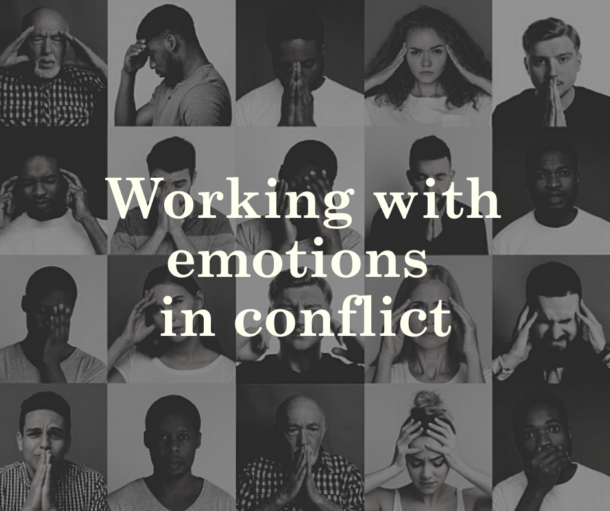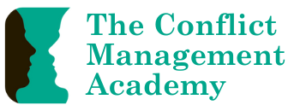What is intertemporal choice?
You may not have heard the term “intertemporal choice” but I’m sure you all experience it often. Intertemporal choice (DeSteno, 2009) is a situation in which decisions hold different consequences as time unfolds.
Here’s an example using the impact of anger in a negotiation:
If we are in a negotiation, and I become angry at you and threaten to walk away from the table if you don’t accept my offer, there are likely to be different consequences of my anger in the short and long term. In the short term, I may be able to convince you to accept my offer and so “win” the negotiation. However, in the long term, you may refuse to negotiate with me again, and you may also tell others about my behaviour which may damage my reputation.
Intertemporal choice is often about short term gain for long term pain, but it can also work the other way around. If I forego that third chocolate donut for lunch, I may “suffer” the loss of enjoyment that eating it would give me, but it might be better for my long term health!
The ability to act cooperatively often involves delaying gratification (so choosing short term pain for a longer term gain).
Intertemporal choice and emotions
The ability to successfully respond to intertemporal choice dilemmas has been linked to the ability to self-regulate emotional responses that are sensitive to immediate rewards, and also those that promote short-term over long-term thinking.
Emotions that promote short-term thinking
Anger and happiness promote a focus on the here and now (what’s immediate, not potentially in the longer-term). Both also tend to reduce curiosity and information seeking.


Jealousy can lead to decisions providing short-term benefits (e.g. preventing potential mate poaching) but that can lead to longer term problems (e.g. decreased relationship satisfaction).
Shame can lead to a focus on the past, and lack of motivation to consider or work towards future-focused outcomes.


Fear can lead towards short term outcomes (fight, flight, freeze, flop or fawn) in an immediate attempt to alleviate the threat. It is often only when fear reduces in intensity, that a person can think in the longer term.
Emotions that promote successful intertemporal choice
Hope is thinking includes a future focus, and planning towards a future goal. In this way, it can promote choices based on both short and long term outcomes.


Gratitude and compassion are both emotions that tend to build social capital and improve individual wellbeing in the long run. They motivate decisions and behaviours meant to build resources and wellbeing in the long run, even though acts that require immediate costs to oneself in terms of effort, time or money.
Guilt can be useful when it motivates relationship enhancing behaviour. This looks beyond the current negative emotion and includes positive actions towards an improved future.

Harness the power of emotions and we can develop our self-control
David DeSteno suggests that the reason we are often so bad at what we think of as self-control, is that we tend to try to achieve it in the wrong way. Rather than using cognitive tools (often based on a notion of rational thought, including things like reason, deliberation and force of will), what we really need to do is harness the power of emotion and emotional regulation.
Want to know more about the power of emotions?
Would you like to know more about how emotions impact on conflict and conflict resolution? Would you like to learn strategies to support people to respond effectively to other people’s emotions so that they can engage in conflict in a constructive way?

Check out CCI Academy’s new Working with Emotions in Conflict fully flexible online course. It includes over 20 hours of video lessons, plus additional written content and activities to apply your learning.
We are also offering you the opportunity to try Module 1 of the course (including over two hours of video content about Understanding Emotions and a downloadable workbook) for just $97 so you can try it out before committing to the whole course. Click here to access this special trial offer: https://www.conflictmanagementacademy.com/trial-module1-wwe/
Some additional reading:
David DeSteno (2009) Social Emotions and Intertemporal Choice Current Directions in Psychological Science 18(5): 280-284.
David DeSteno, Paul Condon and Leah Dickens (2016) Gratitude and Compassion, Chapter 47 in in Barrett, Lewis and Haviland-Jones (Eds.) Handbook of Emotions, 4th Ed.
David DeSteno (2018) Emotional Success: The motivational power of gratitude, compassion and hope.

